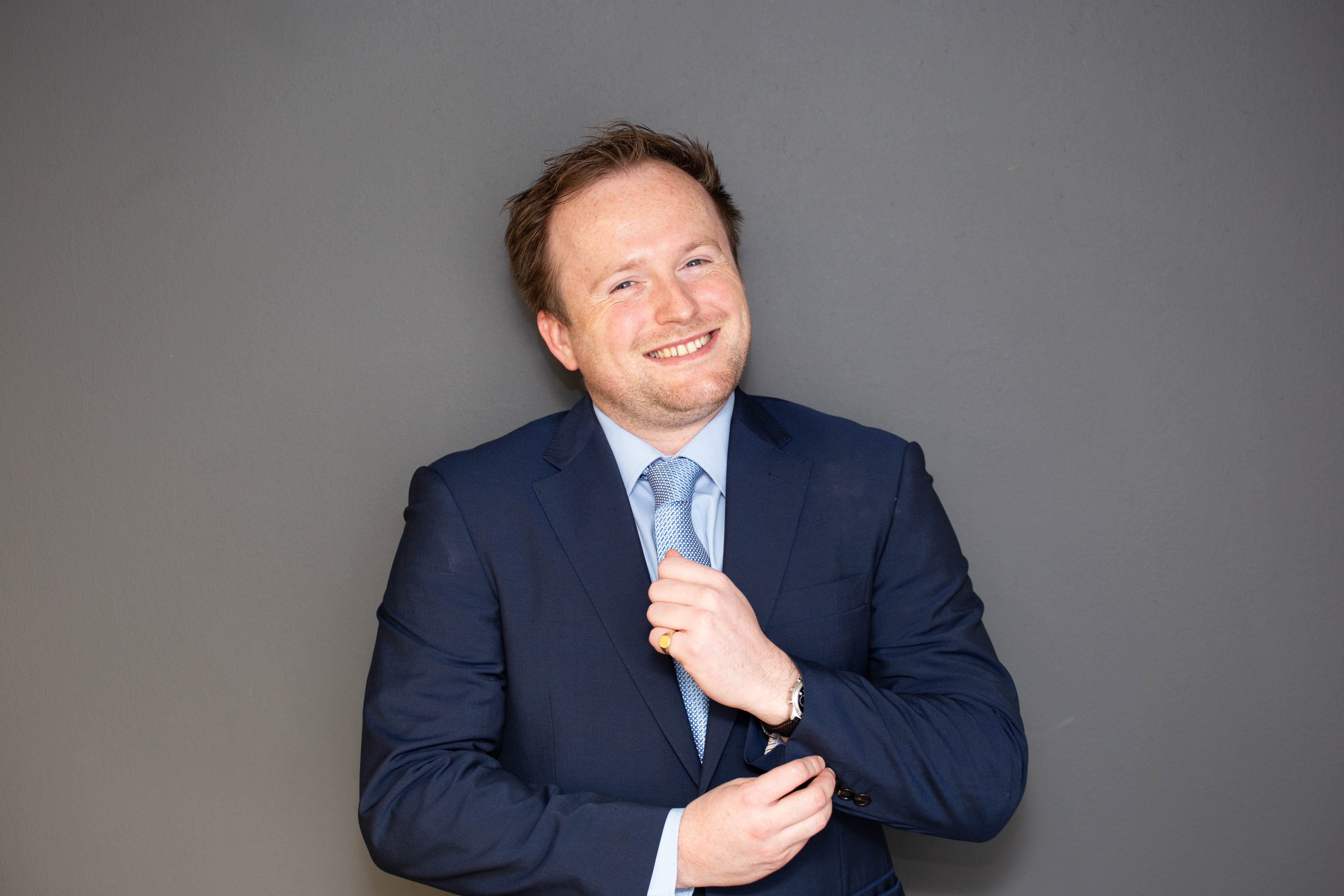Financial planning is all about setting plans and expectations. Imagine you’re starting a business. A business plan is essential in order to acquire funding, renting office space, and generally getting started. Most of us learned this by the time we were sat in GCSE Business Studies and perhaps we have even had experience writing one. However, so many people don’t follow this for their own financial affairs. Your personal finances should be no different, financial planning is about distinguishing between what are financial dreams and what are financial goals before reverse-engineering the steps to get there.
This sounds simple in theory but getting started is daunting. Furthermore, the UK educational syllabus does little in the way of preparing us for the big-wide-world of personal finance. What if I make the wrong choices? What if I irreversibly ruin my credit score…what is a credit score? How do I invest and what do I invest in?
These are all questions I was asking myself in my late teens. Now, at 23 and having spent the past 5 years with my head in textbooks, I feel it’s my responsibility to create a financial ‘cheat-sheet’ for anyone in their 20’s hoping to get started.
Make a budget and stick to it
Many people (myself included) are brilliant at doing the former and terrible at doing the latter. This first point sounds simple (I promise the article gets more interesting) but live within your means. No-one cares about your money as much as you do and showing off by maxing out your credit card and graduate overdraft is a fabulous way to have sleepless nights later in life. Find a way to track your spending, build a spreadsheet if you want to, or download one of the many free apps already in existence. I use one called an app called ‘Yolt’, it works brilliantly for me but there are undoubtedly ones I haven’t tried.
I’ll end this topic by paraphrasing a passage from a recent book I read ‘Psychology of Money’ by Morgan Housell;
‘The difference between being rich and being wealthy is that being rich applies to the present. Anyone can look rich by living way beyond their means; using car financing credit cards and overdrafts to ultimately fuel the respect they want from other people. Being wealthy is far more subtle, harder to detect from the outside world, and ultimately spans a lifetime.’
Aspire to be the latter, not the former…
Avoid credit card debt…but don’t
As with any topic, I ran a google search of previous articles to serve as ‘inspiration’ before writing this (after all creativity is simply borrowing what someone else has previously stolen). However, I quickly ran into some issues with points raised on a lot of the forums. “AVOID CREDIT CARD DEBT’ was my biggest bugbear.
Let me start this section with a caveat. If you haven’t mastered the previous point of sticking to a budget, STOP READING. Save this article and revisit it once you feel as if you have a grasp on the money coming into your account and the money going out.
Is debt bad? Short answer is no, but a debt that is left unchecked and grows out of control can be ruinous. View debt like fire. When controlled it can warm homes if left unchecked it can destroy homes.
Forgive my melodramatic analogy but hopefully, it drives home my point on the power of credit cards. The idea of credit is the driver of modern-day capitalism but make sure it is working for you and not destroying the hard work you have already done.
Why risk it, I hear you ask?
There are a myriad of benefits that credit cards offer over conventional debit cards and even more articles listing them, so I’ll let you do some research. For the purposes of this article, credit cards are easy ways to build up your credit score – in summary, your report card of paying back debt. The better your credit score the more eager banking institutions will be to lend you money. Meaning you can take advantage of lower fees and interest rates.
If you pay your credit card off every month you reap all the rewards whilst paying 0% interest and building your credit score along the way. There aren’t many examples of a ‘free lunch’ in finance, but this is one of them.
A few key points before we move on:
- Never spend more than you can afford…obviously.
- Keep your credit card balance below 30% of your allowance. i.e if your credit card limit is £1,000 then never have your balance above £300. Maxing out your credit card is a brilliant way to show banks you are terrible at managing your money.
- Have a direct debit set-up to pay the full balance off your card each month, ensuring you never pay interest when you don’t need to.
Author
-

Foresight Wealth Strategists have been providing extensive financial planning advice to Hale and the surrounding areas for 25 years - info@foresightws.co.uk
View all posts

















































